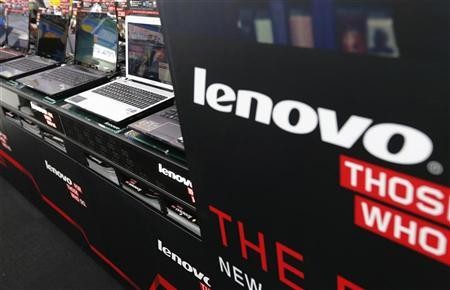Lenovo has inked a deal that will allow them to use the Myriad 2 vision-processing chip from Movidius in order to produce virtual and augmented reality products in the near future.
The deal was signed at the Tech World conference in San Francisco. Movidius's Myriad 2 chip would allow Lenovo to produce their own VR and AR headsets thanks to the chip's gesture recognition, head tracking and motion sensing capabilities.
The company has been making strides in expanding their reach globally. One of their largest steps in the past was acquiring the mobile manufacturer Motorola.
Now, Lenovo's deal with Movidius will grant them the capability to manufacture their own VR and AR devices that could take on Facebook's Oculus Rift, Microsoft's PlayStation VR and Valve's HTC Vive headset.
The company could also come up with a HoloLens device considering that Microsoft recently opened their Windows 10 Holographic platform to the public. It would be easier for them to manufacture an AR device because of the new Myriad 2 chip.
Lenovo is also set to unveil more details with their Project Tango smartphone with Google, Computerworld reported. The search engine giant also uses the Movidius technology for their development kit of the smartphone project.
Project Tango could be situated as an AR device especially as the company can already use the Myriad 2 chip. The device is expected to create a 3D map of the surroundings and also to track motion from the user.
Movidius CEO Remi El-Ouazzane said that their tech has been made to optimize performance for sub-1 Watt power budgets, CNET reported. They expect that Lenovo will create "no-compromise" VR and AR devices that would push the tech into the mainstream market.
On the other end of VR tech, NVIDIA has recently released the cheaper but more powerful GTX 1080 and GTX 1070 cards based on their new Pascal architecture. AMD's Radeon RX 480, which costs $200, is also cheaper card that would allow PC gamers to create a VR gaming rig.
Lenovo will have to announce their plans with the Movidius Myriad 2 chip for VR and AR purposes. Users could see Lenovo's first VR and AR devices soon thanks to the new deal.



























